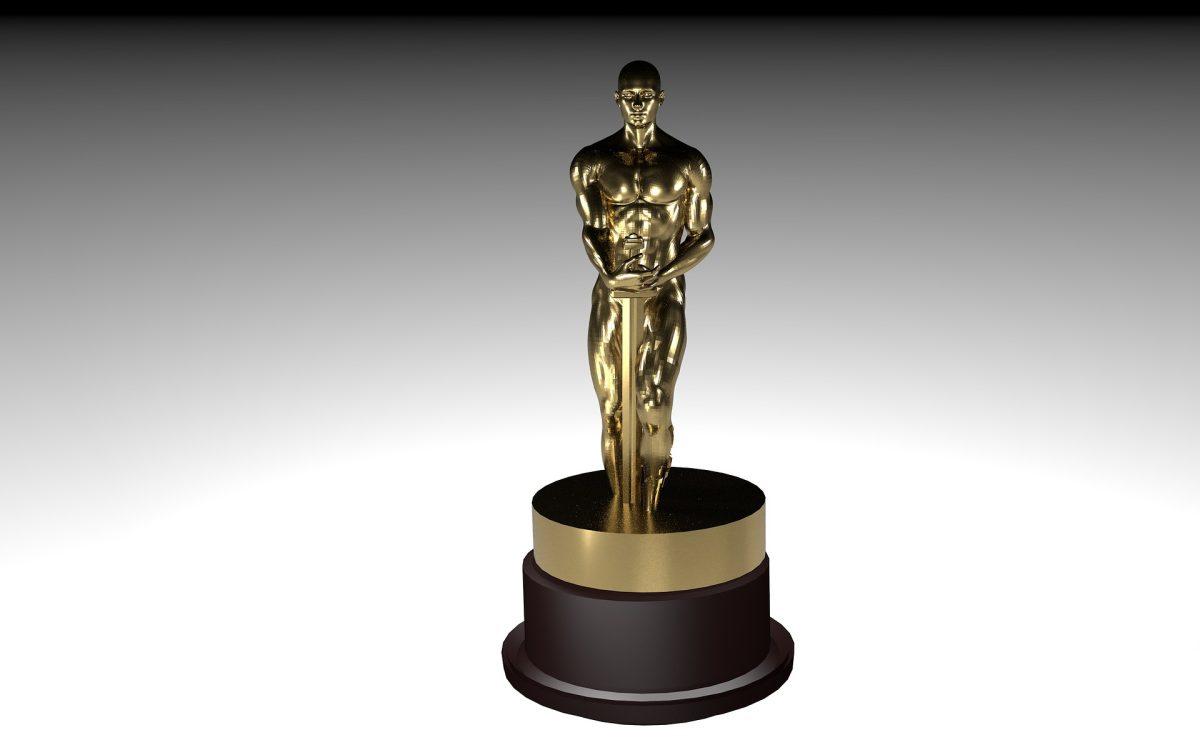The Oscars is one of the biggest nights in Hollywood and has been for nearly 90 years. Hollywood makes a big spectacle out of it, but what leaves a bad taste in my mouth throughout that night is the inevitable winners, the constant snubbing of talented filmmakers and the nearly three hour snooze fest that over hypes Hollywood’s impact on the entertainment industry.
Though some find the extravaganza entertaining, others, including myself, no longer see the need to watch an award show that constantly praises filmmakers, while at the same time screws over hard working artists that put their blood, sweat and tears into art that many see as visionary.
The show itself is as cringe-worthy as an E3 conference. You’d think that a room full of actors and actresses would make something as big as the Oscars worth watching, right? For the past three decades, the Oscars have experienced an enormous plunge in their ratings. The first hour and a half is mostly filled with categories that viewers see as a waste of time. Many mainly tune in to see who might win best actor and best picture. You think that the average viewer is going to waste a majority of their time on categories like best sound design or best wardrobe?
No. They’d rather be sleeping.
Furthermore, the Academy has routinely ignored directors and actors who’ve made huge strides and impacts on both filmgoers and film as a whole. Perfect examples of are directors such as Steven Spielberg and Martin Scorsese being snubbed or ignored during the heights of their respective careers. Sure, Spielberg and Scorsese both won their Oscars, but they were merely awarded after their movies fizzled out of the collective consciousness of the Academy.
Accomplished actors and actresses are one of the groups that see this kind of pattern more so than directors. Peter O’Toole, Patrick Stewart, Edward Norton, Amy Adams, Glenn Close and Sigourney Weaver are some of the most talented actors out there who’ve either been nominated and never won, or gave stellar performances on the big screen and were never nominated. We can say Leo finally won his Oscar, but he most certainly should’ve won it for “The Wolf of Wall Street,” a film also directed by Scorsese that didn’t win the year it was nominated.
And that’s not including the lack of minority representation at the Oscars as well.
However, what really irritates me about the Oscars is the constant recognition of films that simply don’t deserve to win Best Picture. You see, the more that certain films win best picture, the more likely future films are going to be Best Picture winners next Oscar season. If the film is about World War II, the Holocaust or movies themselves, the likelihood of that film winning best picture is extremely high.
Some of these films that are about those subjects are, in their own right, some of the greatest ever to be put to screen, but since the Cold War and the Greatest Generation passed into memory, topical genres and film, such as sci-fi and fantasy, have grabbed the public’s attention for nearly 20 years and as such, has influenced future filmmakers. Awarding a movie no one saw or heard about makes absolutely no sense to people who avidly participate in the movie going experience.
Recently, I saw that the Oscars have decided to cut down their time to two and a half hours and are looking at ways of addressing the problem of representation of minorities in film. Though I find the recent addition of Outstanding Achievement in Popular Film insulting to sci-fi/fantasy films that have struggled to grab the Academy’s attention for 30 years, current best picture nominees like “Black Panther,” “A Star Is Born,” “BlacKkKlansman” and “Bohemian Rhapsody” show that the Academy is going in the right direction when dealing with representation and viewer engagement.
Let’s just hope that the show itself isn’t as cringy as last year. Spoiler alert, it will be.
For questions/comments about this story, email [email protected] or tweet @TheWhitOnline.


































































































































































































